There seems to be a supplement for everything these days, and collagen appears to reign supreme...but does collagen work? We’ve done the research for you.
Here are 6 studies that say it does! Make no mistake, there is a lot of hype around collagen. People are touting collagen benefits for glowing, youthful looking skin, as a way to combat joint pain and even to heal and seal leaky gut. Which makes it sound like a next level supplement for overall health and wellbeing. But is there anything actually backing up these claims? We wanted to help sort out the truth from the fiction.
So we’ve rounded up some well backed studies that prove the measurable, positive effects of supplementing with collagen. Making the answer a resounding “yes”.
First things first: What is Collagen?
Collagen is the most abundant protein found in the human body. It can be thought of as the structure, or glue, that literally holds us together. This structure plays an essential role in our skin, connective tissues, joints, and cells. As we age, our collagen levels take a nosedive. This is a totally natural process. But can we really combat the loss by supplementing with collagen? Let’s check out the science.Can our body actually use collagen peptides?
The health benefits of collagen supplements are a hefty list, with skin, hair and nails top among them. Hinging on the idea that if our body is lacking something, we can replace it by adding it to our diet or as a supplement is a starting point. But there are some who say that taking collagen supplements is a big ole waste of time. They report that our stomach acids will destroy it before it can be of any use in our body.
Does this claim have any weight to it? As it turns out, studies have shown that after taking a daily dose of collagen, measurable levels do appear in the bloodstream. This study, where subjects took a daily dose of collagen for 4 weeks, showed that the peptide profile of their blood was elevated while they were taking the supplement. While it was highest one hour after taking the supplement, the effects were measured and showed to remain in the blood for twenty-four hours. After which levels went back down to normal. The findings? Daily ingestion of collagen for an extended period does make it into our system to be used by the body. This fact suggests that long-term ingestion of collagen hydrolysate may promote beneficial effects.
Does Collagen Work to Improve Skin Health? Studies Say Yes
Ok, so collagen reaches our bloodstream, but can it actually show up in our skin too? Actually, yes. To investigate this, a team of Japanese scientists set about to see if collagen could also be measured in our skin. The conclusion? Taking collagen hydrolysate leads to the transportation of highly concentrated Gly-Pro-Hyp and its hydrolyzed form of Pro-Hyp into the bloodstream and skin.
So what about the claims that collagen benefits for skin can lead to firmer, smoother texture, a youthful glow and not as prone to the effects of age (read: loss of collagen)? Apart from a purely experiential answer (many users report a glow, among other things), the science says that collagen can improve skin health. In a double blind, placebo controlled study, women aged 35 – 55 were selected to either receive a daily dose of collagen, or a placebo. Their skin was objectively measured at the beginning in terms of elasticity, moisture, water loss and roughness. They measured again at 4 weeks in, and 8 weeks in. At the end of the study, the groups that were taking the collagen supplement had a measurable improvement in terms of elasticity. In another study, Oral collagen peptide supplementation significantly increased skin hydration after 8 weeks of intake. The collagen density in the dermis significantly increased and the fragmentation of the dermal collagen network significantly decreased already after 4 weeks of supplementation. Both effects persisted after 12 weeks.
A Joint Effort
We’ve said it before, and it bears repeating here: the joints are like the unsung heroes of the body. If you struggle with joint pain and stiffness, you can look to the health of your connective tissue.
As we age, and our collagen levels decline, we also lose some of the collagen in our connective tissues. This means we lose some of the cushioning and regenerative abilities.
But does collagen work to regenerate and protect hard working joints? The science shows that collagen peptides and free amino acids delivered by hydrolyzed collagen supplementation actually do accumulate in the cartilage of joints. This has shown to maintain joint health, reduce the risk of joint deterioration, and improve the pain associated with degenerative joint changes. Here is a study that backs this up: in a 24 week, placebo controlled study, 147 athletes with no signs of joint disease took collagen supplements (or xanthan, the placebo). The results? Joint pain, as assessed by a doctor, was significantly lower in the subjects who were taking collagen supplements. This shows the positive effects of collagen to support joint health. And possibly reduce the risk of joint deterioration in a high-risk group. Even if you don’t consider yourself an ‘athlete’, collagen helps to support you in other ways. Right down to bone health.
Post-menopausal women are at higher risk of osteoporosis. This is a degenerative disease in which the bones in the body become weak and brittle. After menopause, women can benefit from taking collagen as a way to increase bone density. This study shows that taking collagen peptides is associated with a favorable shift in bone markers, indicating increased bone formation and reduced bone degradation.
Always Go with Your Gut: The Collagen Care Package
It’s becoming mainstream knowledge these days that the bacterial balance in our microbiome (which is fancy word for our gut) plays a pivotal role in our well-being. From our weight to our immune system and even inflammation and chronic disease, those billions of bacteria, and the delicate balance between them, have a huge effect on our overall health. Dysfunction in the gut is a result of many moving parts. Stress, lack of sleep, poor nutrition and food reactions can all work to cause an imbalance. Conditions like leaky gut can throw our whole system out of whack. Leaky gut develops as a result of an impermeability issue in the intestinal wall. When this happens, antigens, food particles and more can enter the bloodstream.
Supplementing with collagen is thought to help heal and ‘seal’ the gut lining. An intact gut lining has ‘tight junctions’, which is exactly the opposite of leaky gut. With tight junctions, the lining is impermeable, and what is meant to stay in the digestive tract, does. This study, which analyzed the effect of collagen peptides derived from Alaska Pollock skin, showed that collagen indeed does protect against TNFα-induced dysfunction of tight junctions. Meaning that supplementing with collagen can help with tight junctions, and symptoms associated with leaky gut.


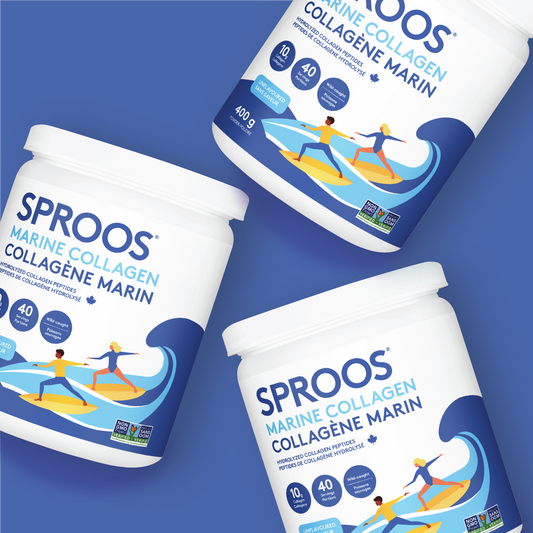
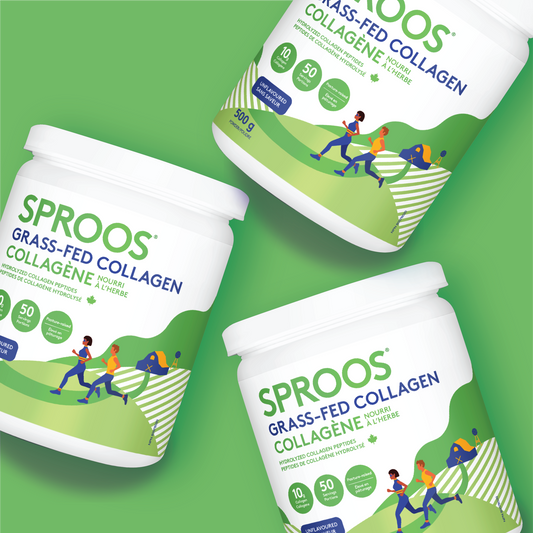
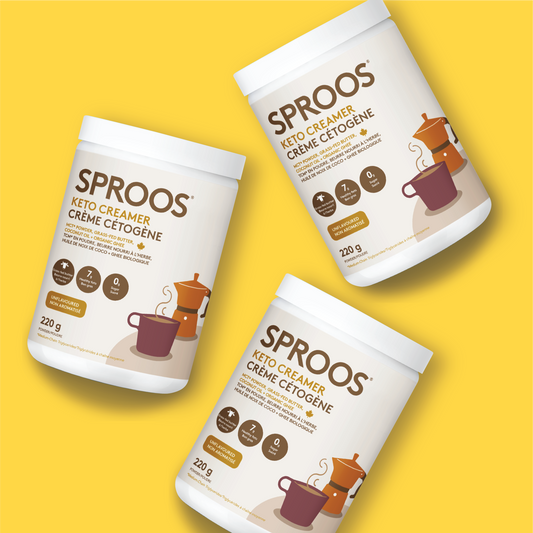

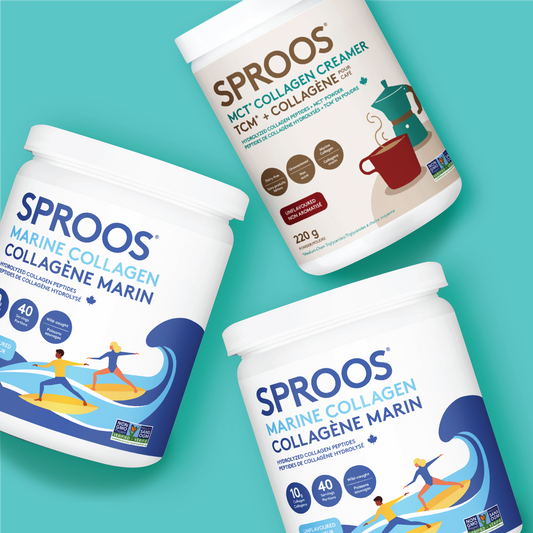
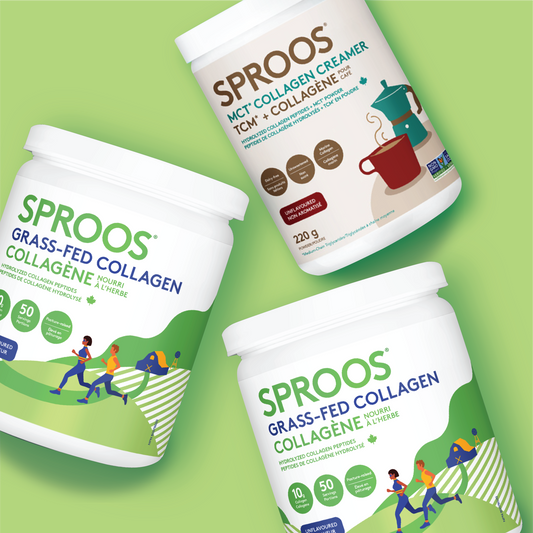
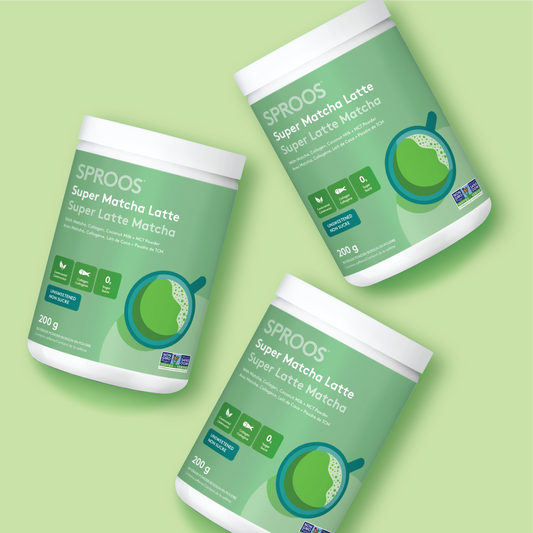
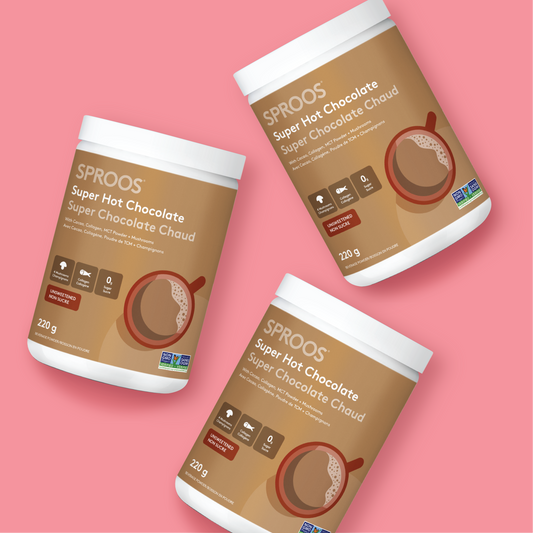
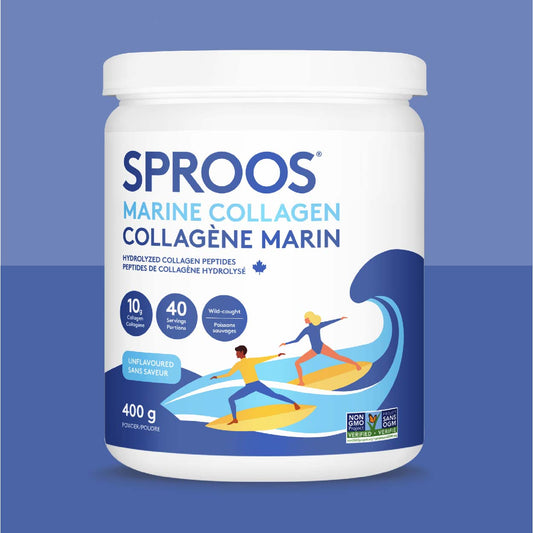
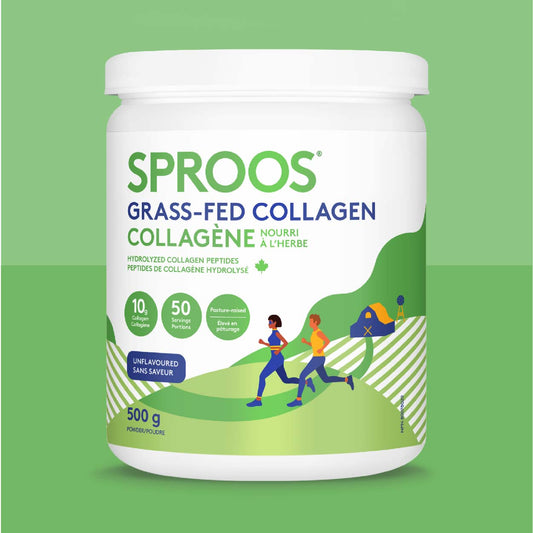
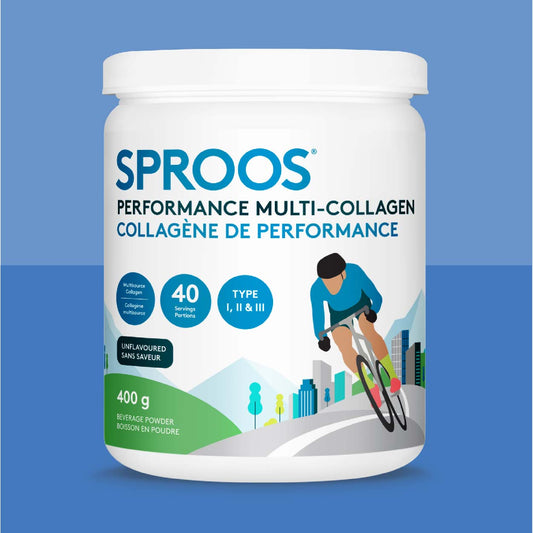


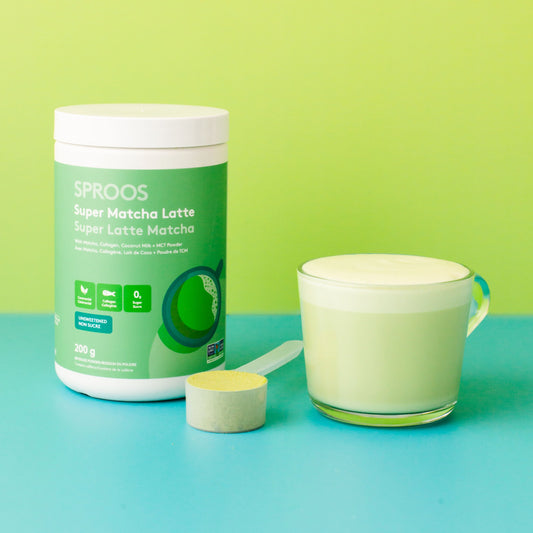

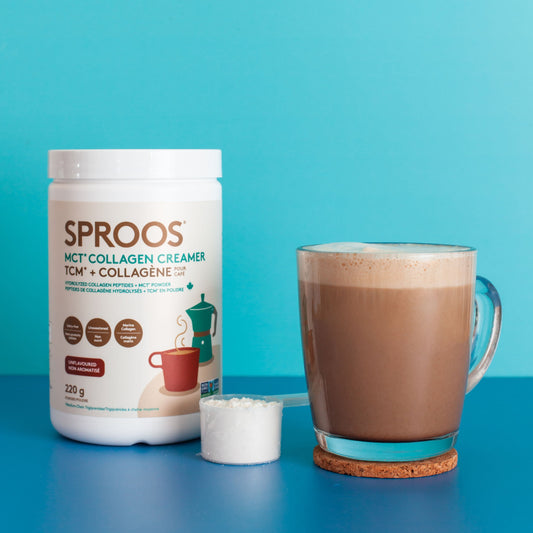
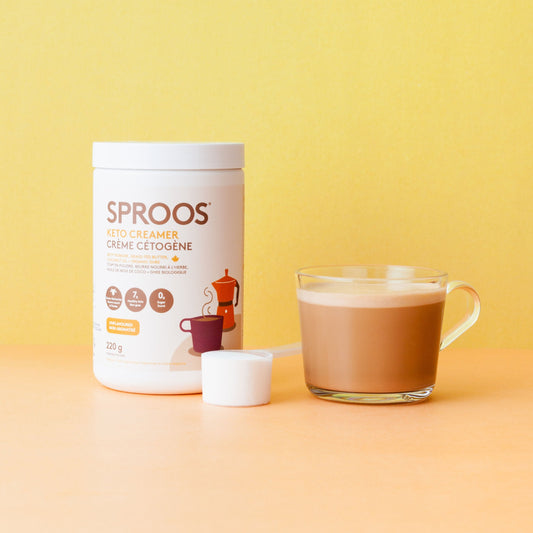
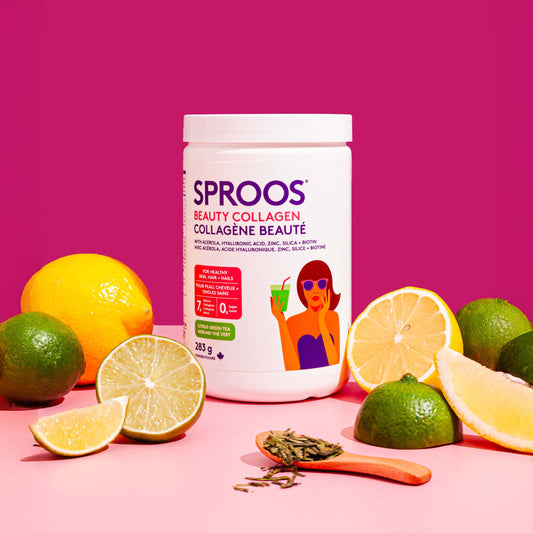
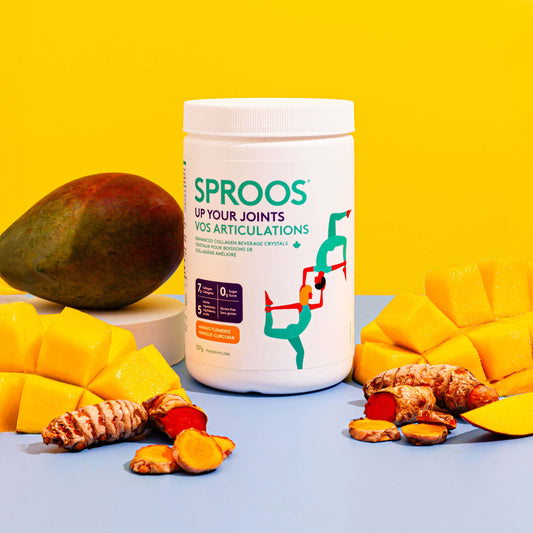
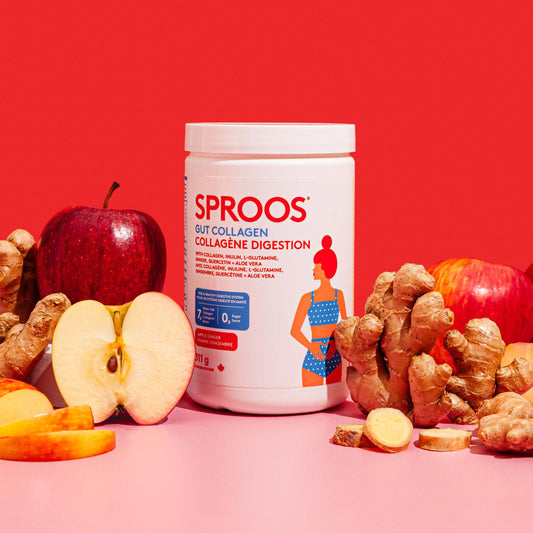
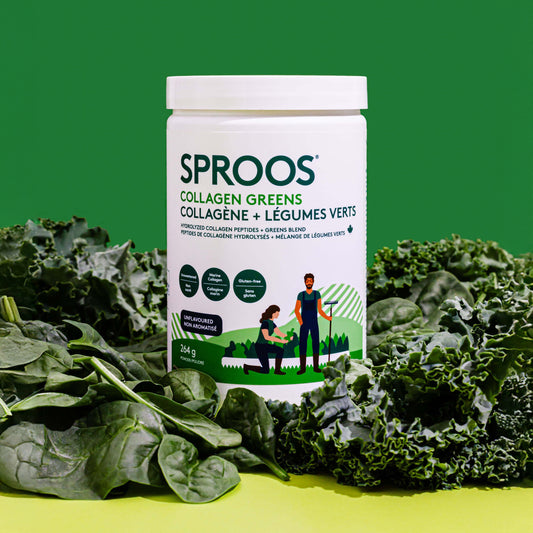

3 comments
I have been taking collagen for about 10 months now and I have noticed that I am prone to breaking out on my face with acne and/or tags forming. I think I will be stopping it soon.
I have been taking Collagen Protein for about 6 months once a day. The positives are, sleeping better, no stomach issues. But… have noticed itching & breaking out on shoulder & else where. And think I am allergic. Just looked this up. So today was last time & I will see if this itching stops.
I have just started talking collagen I’m 52of age